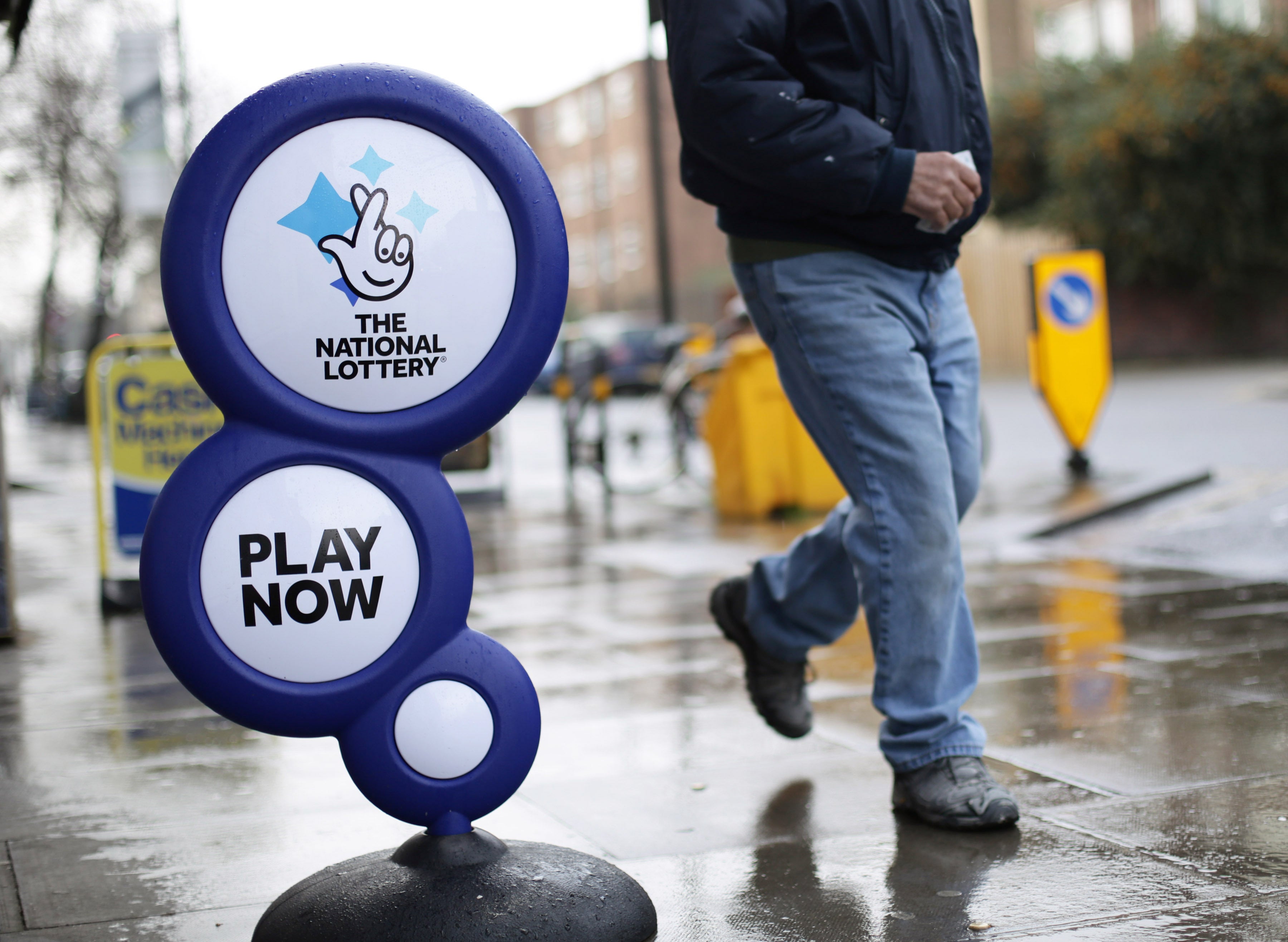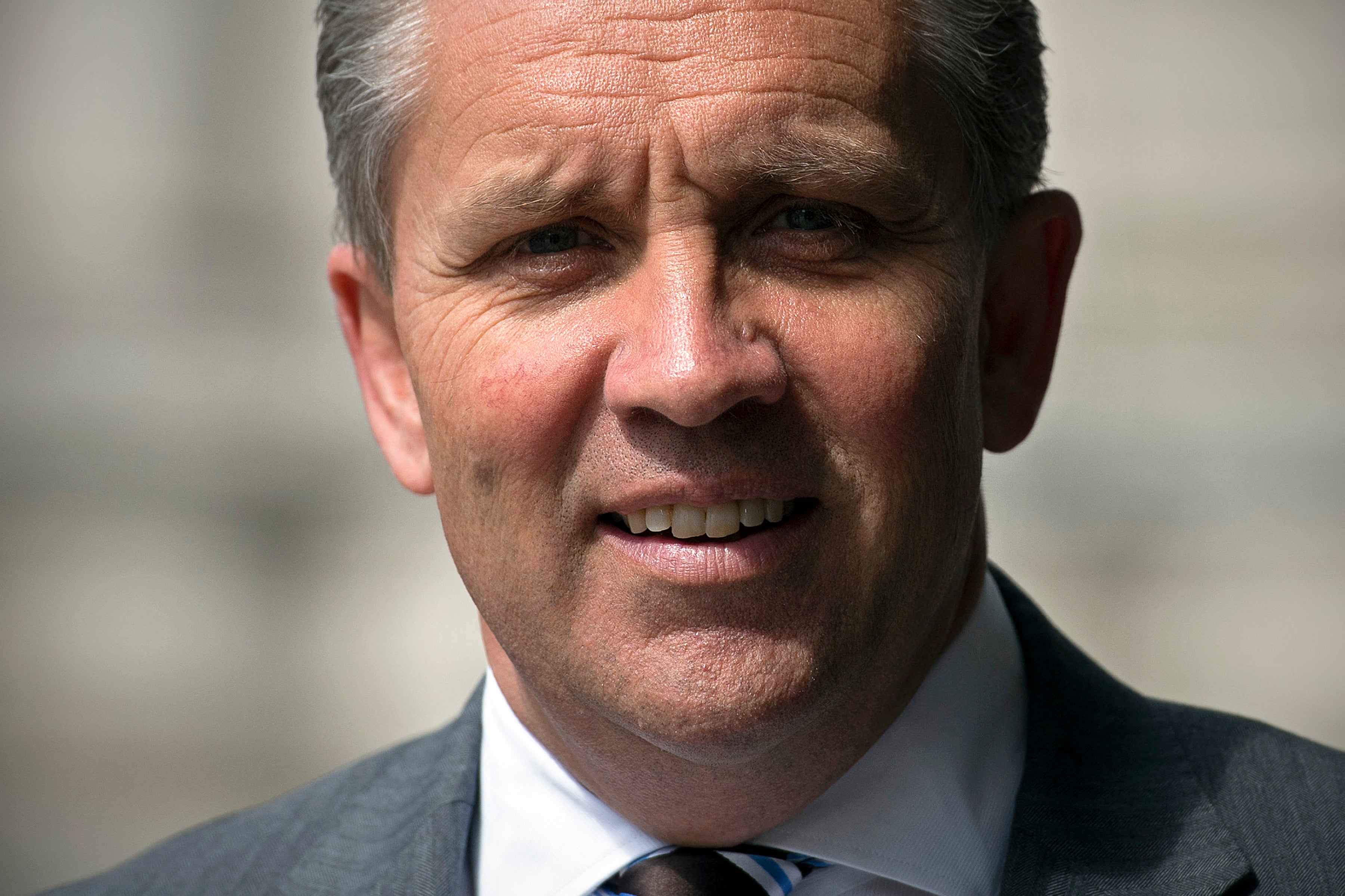To take over the National Lottery, Allwyn has assembled a heavyweight trio
It’s as if Allwyn has gone out and gathered the platinum package of British high-level sports organisational talent. But the situation demands nothing less, writes Chris Blackhurst


Justin King joined the board of Allwyn Entertainment this week. “So?” I hear you cry. After all, King – the star former CEO of J Sainsbury, who was responsible for transforming the supermarket group – is not without options.
Because Allwyn is the preferred bidder to land the National Lottery contract. If Allwyn wins, King becomes its chair. Because if I was looking to land the plum prize and seeking to impress, and if I was a newcomer to the UK, and had a sister company with links to eastern Europe and Russia, and knew I would be subject to the most intense press and political scrutiny, I’d like King to lead my team. Just as I would love to have Lord (Sebastian) Coe and Sir Keith Mills in my corner as well.
All three played instrumental roles in London’s spectacular staging of the Olympic Games in 2012. The heavyweight trio are involved now in assisting Allwyn. Mills steered the bid, and Coe is a director. They know how to get things done, and they’re expert in working the levers of influence across Westminster, Whitehall and the media.
It’s as if Allwyn has gone out and bought the platinum package of British high-level sports organisational talent. All credit to Allwyn.
Previously known as Sazka, Allwyn was founded by Czech entrepreneur Karel Komarek, and operates lotteries in Austria, Greece and Italy. Komarek made his money from investing in oil and gas when the eastern bloc opened up to privately held business. Allwyn’s sister company, MND, of whose board of directors Komarek is chair, runs a gas storage facility with Russian giant Gazprom in the Czech Republic – although it is looking at ways to end the Russian company’s involvement.
On the Allwyn website, in “a letter to the people of the United Kingdom” – it’s direct, and smacks of the British triumvirate, who are masters at communication – Komarek condemns Russia’s invasion of Ukraine. He says that he decided “many years ago” to divest and exit from Russian assets. That reads well, but his PR does not define what he means by “many”.
Here he was in 2013, less than 10 years ago, speaking on behalf of MND: “Gazprom is our strategic partner. We highly appreciate the opportunity of creating a joint venture with one of the global energy majors. We see it as a kind of a reward for many years of professional performance in the oil and gas sector. In future we are planning new joint projects not only in the Czech Republic, but also in Europe and the Russian Federation.”
Assuming Allwyn emerges victorious, King will take charge. He is tasked with positioning and equipping Allwyn to match its forecast of raising £38bn over its decade in charge
More recently, in 2015, after Russia’s annexation of Crimea, this was Radim Ciprys, financial director of MND: “Besides investments in the Czech Republic, MND also participated in new investment opportunities abroad. Evaluation of many projects aimed at exploration and extraction, mostly in the regions of central and eastern Europe as well as in Germany and Russia. MND Group continued to cooperate with partners on existing projects in Georgia, and in the Russian Federation we managed to complete an acquisition of an oil deposit in Saratov Oblast.”
Of all the contracts handed out by the government, the 10-year licence to operate the National Lottery is one of the biggest. It’s to be hoped, then, that the Gambling Commission has done its homework in alighting on Allwyn. If not, it will be found out – the decision is being challenged in court by two of the other three losing bidders.
Komarek can claim the jackpot before he and his colleagues have even picked up the UK lottery baton. He stands to collect $750m in cash when Allwyn floats via a SPAC (special purpose acquisition company), involving a deal with private equity group Apollo, in New York next month. Allwyn is valued at $9.3bn, a figure that does not include future returns from managing the UK game. Komarek’s stake is worth $6.6bn. He’s a winner, too, tax-wise. Ultimate control of his company resides with a foundation in Liechtenstein, where the corporation tax rate is 12.5 per cent.

Some MPs are sniffy about him, but the Gambling Commission appears satisfied. Minister Chris Philp, at the Department for Digital, Culture, Media and Sport, said: “The Gambling Commission, as part of their licence award process, have a statutory obligation to make sure that anyone given a licence meets the ‘fit and proper person’ test.” He’d been assured by the Gambling Commission that Allwyn does pass the test, and that a security vetting process was under way.
Assuming Allwyn emerges victorious, King will take charge. He is tasked with positioning and equipping Allwyn to match its forecast of raising £38bn over its decade in charge, which starts in 2024. By contrast, since 1994, reported The Times, Camelot has managed to secure £45bn for good causes.
Given the dip in interest in the lottery, this prediction by Allwyn, which intends to halve the current ticket price from £2 to £1, looks – in City parlance – “punchy”. It’s only an estimate, and Allwyn is not under any obligation to achieve it and will not be penalised for failing to do so. Nevertheless, falling short would be embarrassing and would invite serious questions. This is where King will come into his own: he is going to need all those motivational and persuasive skills he brought to bear in turning around Sainsbury to bring this one home.




Join our commenting forum
Join thought-provoking conversations, follow other Independent readers and see their replies
Comments